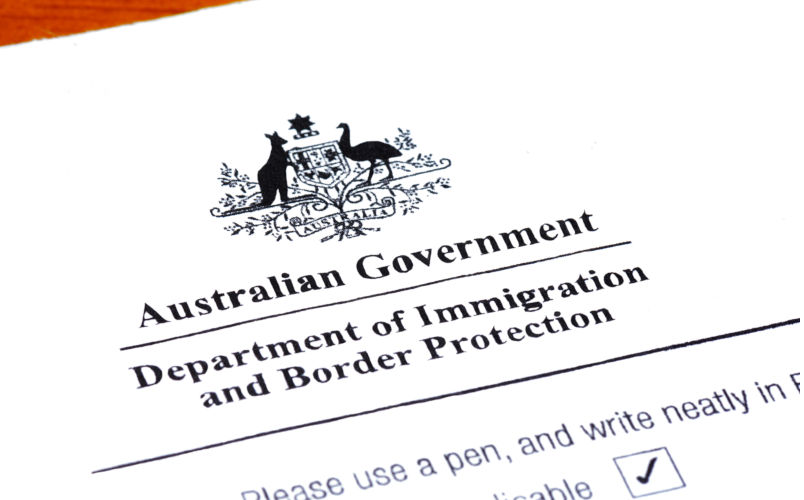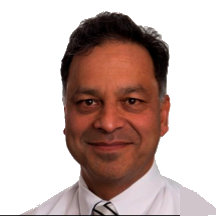Incoming immigration minister faces immense challenges
May 6, 2025
Whoever is appointed immigration minister in the second Albanese Government will face immense challenges from both a policy and political perspective.
These are the consequence of the net migration blowout in 2022-24 driven by Coalition Government policies that stomped on the immigration accelerator and a Labor Government that was too slow to tighten those policies.
In its second term, Labor cannot continue to blame the Coalition if it fails to address the massive visa backlogs that have been the inevitable consequence of a net migration blowout. Onshore backlogs, in particular, are reflected in the record 2.9 million people in Australia on temporary visas, 380,000 on bridging visas and rapidly rising backlogs at the Administrative Review Tribunal that are now approaching 100,000. Labor had promised to reduce reliance on temporary visas ahead of the 2022 election, yet the number of temporary visa holders kept rising throughout its first term.
The first job for the minister will be to set the 2025-26 permanent Migration Program which Labor chose not do in the 2025 budget. The minister will be advised of massive permanent visa application backlogs, many of which must be managed on a demand driven basis as a matter of law (i.e. partner and dependent child visas) or a matter of longstanding practice (e.g. permanent employer sponsored visas).
If the government wants to hold the Migration Program at the current level of 185,000, it will need to significantly expand places for partner visas or risk a class action it knows it would lose, while cutting places in the skill stream that will involve a significant cost to the budget and impact its ability to fill key skill gaps. Despite the net migration blowout, there remain major skill shortages in health and aged care, residential construction and education.
The treasurer will, as a matter of budget practice, require the immigration minister to provide offsetting savings for the cut to the skill stream. The minister may further increase visa application fees to meet the treasurer’s requirements. But our visa application fees are already the highest in the world.
The minister will also be advised that Treasury’s current forecasts for a significant fall in net migration in 2025-26 and 2026-27 will not be met because departures simply aren’t increasing as rapidly as forecast. These will again need to be revised upwards and/or further action will be needed to tighten visa policy, particularly in relation to students, temporary graduates and working holiday-makers. The politics of that will be awful.
A key challenge will be developing a holistic and sustainable approach to student visa policy. Labor needs to recognise that while Peter Dutton also wanted to use student caps at provider level, on which he was wrong, he was right when he said caps were chaotic. They do nothing to improve quality, integrity or skills targeting. That is the same with the bipartisan support for further increases in student visa applications fees. Those only serve to deter the best students.
During its first term in office, Labor allocated an additional $160 million to process asylum applications more quickly. While that stabilised the size of the backlog at the primary level, the total number of asylum-seekers in Australia under Labor increased from about 94,000 in May 2022 to 121,000 in February 2025. The number of asylum-seekers refused at primary stage and still living in the community increased from 68,000 in May 2022 to 93,000 in February 2025.
There is no strategy to prevent the same thing happening again in Labor’s second term. That trend means we will look increasingly like countries in North America and Europe with large numbers of unsuccessful asylum-seekers living in the shadows of society. The minister must develop a holistic asylum-seeker strategy to address that. Such a strategy will be politically difficult and costly.
Finally, the time has come for the government, now that it has a large majority in Parliament, to take the courageous decision to develop a population plan for Australia, including a formal framework for managing a long-term target for net migration. Such a plan will inevitably be attacked as representing “big Australia”, even if a fairly low level of net migration is targeted, but it should be possible for the government to explain the plan to the Australian public in a manner that restores public confidence in immigration policy.


